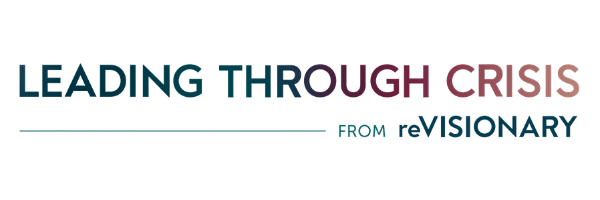Why Connection Matters with Dr. Robyn Bourgeois
Listen to this episode on Apple Podcasts or Spotify
I have started this blog post probably a dozen times and keep struggling to get past a paragraph or two, to make it meaningful enough for the conversation that is being highlighted.
The reason I have found this challenging is because my guest this week has such an incredible story and shares so much about the Indigenous experience, as well as the learnings we can all take away from Cree culture.
I’ll give a brief overview and share some of Robyn’s words but you really just need to listen.
I had the pleasure of virtually meeting Dr. Robyn Bourgeois last year and speaking to her about a keynote she was doing around that time. During our conversation, she shared her story of being trafficked as a teen and how because of the shame associated with that, she didn’t speak about it for a very long time: “I swallowed that story and it nearly killed me,” she says. “When I finally told my story, it changed everything.”
I knew then that I absolutely needed to speak to her on this podcast – not because I wanted her to go through the details of her story again but because the perspective she has on trauma, healing, and the realities of being an Indigenous woman in Canada are so incredibly valuable for people to hear and understand.
The first question I asked her this time as I do with all my guests, was what Leading Through Crisis meant to her. I knew it was going to be an entirely different conversation when her immediate response was that the phrase brings to mind what it means to be Indigenous in Canada right now… that Indigenous people have been living in crisis for hundreds of years because of the way colonialism impacts their everyday lives.
If reading that or thinking about the fact that Indigenous people in Canada, and around the world, are living in crisis (and have been for a long time) makes you uncomfortable or question how that could be, then I urge you again: take the time to listen to this episode.
While it is impossible for me to sum up everything that we touch on in a few paragraphs, or a couple of hundred words, or more importantly, to explain the impact and importance of this conversation, I do want to emphasize a few of the key things Robyn gets into during our conversation.
She highlights the fact that the decisions and calculations marginalized people have to make every day are very different from non-marginalized people and there is an underlying sense of crisis (and exhaustion) as part of that.
She shares how in Cree culture, relationships are the primary driver of everything that is done – they are the foundation of everything.
The Cree understand there is abundance in the world and that everyone is inherently worthy just because they exist.
That if we all would come together, take care of each other, recognize we don't have to do everything on our own, and could lean into community/each other, we would transform the world in a significant way.
And, that trauma and trauma responses show up in our thought patterns and behaviours in ways that we don’t always expect or recognize.
This conversation may not be the easiest to listen to but Robyn is a delight and I want you to get to know her! I also believe it to be one of the most important conversations I have ever had on this podcast.
Please take a moment to listen. And, I would love to hear any thoughts you have, anything that came up that resonated for you, anything that challenged you, and if you would like to hear more conversations like this one going forward.
-----
Dr. Robyn Bourgeois (Laughing Otter Caring Woman) is a mixed-race nehiyaw iskwew (Cree woman) whose Cree family comes from Treaty Eight (Lesser Slave Lake) territory.
She was born and raised in Syilx and Splats in territories of British Columbia and is connected through her three children to the Six Nations of the Grand River.
She is an associate professor in the Centre for Women’s and Gender Studies at Brock, where her scholarly work focuses on Indigenous feminisms, violence against Indigenous women and girls, and Indigenous women’s political activism and leadership.
In addition to being an academic, Robyn is also an activist, author, and artist.
